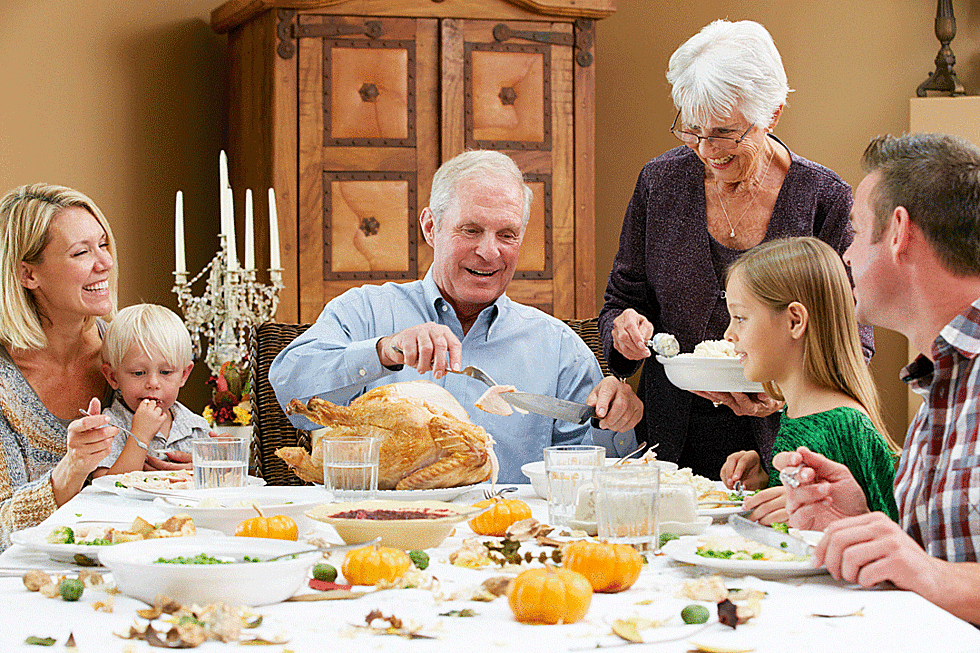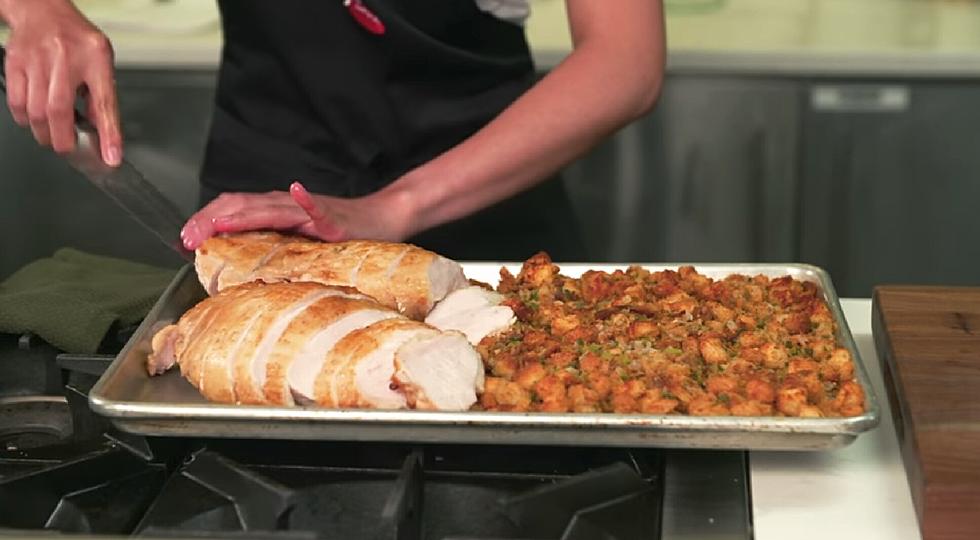
How Facebook Fundraisers Could Affect Your Holiday Giving
This really is the season of giving in more ways than one, and you're probably seeing more of Facebook's fundraising events. The social media giant created fundraising tools for nonprofits in 2015 and rolled them out to individuals raising money on behalf of nonprofits last year, according to TechCrunch. In March, Facebook added tools to allow individuals to raise money for personal crises, such as medical bills, and other limited categories.
Here are some things to keep in mind as you scroll past these on your newsfeed, though:
1) Your whole donation won't go to the charity.
Fees will be assessed based on how the validity of the fundraiser is monitored. Facebook states:
Donations to US-based charitable organizations that have been approved to receive donations through Facebook Payments are assessed a 5% fee. Two percent covers costs of nonprofit vetting, fraud prevention, operational costs and payment support. The remaining 3% covers payment processing.Donations to US-based charitable organizations that receive funds through the Network for Good's Donor Advised Fund, are assessed a 5.75% fee. Of this fee, 3.5% covers credit card processing, payment support and fraud prevention. The other portion of the fee (2.25%) is deducted by the Network for Good's Donor Advised Fund to cover charity vetting and support, donation disbursement and operations.For donations made to personal cause fundraisers in the United States, 6.9% + $.30 of the donation goes to payment processing fees, fundraiser vetting and fraud prevention.
2) You get a receipt.
Facebook emails it to the address on your account and charges the donation to the credit card associated with your account. Facebook urges users to consult tax professionals, but typically donations to nonprofits are tax-deductible while donations to personal causes are not.
Here's what an email receipt looks like:
3) You can donate privately (kind of).
Not sure you want your coworker to know you donated $500 toward her medical bills? If she's the creator, you probably can't avoid that, but you can avoid having your donations shared in your timeline and other places.
This is what Facebook has to say on privacy:
To donate privately, select "Only me" from the privacy menu in the donation form. Please note that fundraiser creators and nonprofits can see all donations. Only they can see donation amounts.
4) You can report fundraisers on suspicion of fraud.
Click here to get started.
5) The fundraiser tools are just as user-friendly as event tools.
If you've created an event on Facebook, you definitely can host a successful fundraiser. Anyone can host a nonprofit fundraiser, while you must be 18 or older to host a personal fundraiser.
Facebook might prompt you to share your fundraiser on your timeline multiple times, invite at least 100 friends to your fundraiser and donate to your own fundraiser. They say fundraisers that do so are more successful.
If you're having a hard time finding the tools, click here for instructions.
More From SoJO 104.9 FM


![Matt’s Thanksgiving Side Dish – Corn Bread Casserole [RECIPE]](http://townsquare.media/site/393/files/2015/11/Capture6.png?w=980&q=75)





![8 Gifts You’d Actually Want to Find in Your Christmas Stocking [SPONSORED]](http://townsquare.media/site/398/files/2017/11/GettyImages-460632452.jpg?w=980&q=75)

